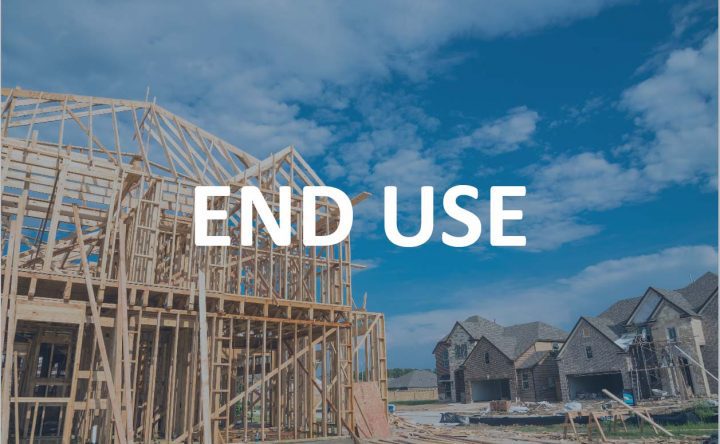According to the March ADP® National Employment Report™, released today (5-4-22), nonfarm private sector employment increased by 247,000 jobs from March to April. The report, which is derived from ADP’s actual payroll data, measures the change in total nonfarm private employment each month on a seasonally adjusted basis.
News in end use
Lumber Demand Expected to Remain Strong, Even in a Recessionary Period
At last Thursday’s Council of Forest Industries conference, analysts and economists speaking at the forum began using the dreaded “R” word. Some speakers said openly that by end of 2022 or early 2023, at least Europe, and potentially North America, could be in a recession due to run-away inflation, the war in Ukraine, and rising interest rates.
Unfilled Construction Job Numbers Continued to Increase in March 2022
A closer look at today’s (5-3-22) U.S. Bureau of Labor Statistics Job Openings and Labor Turnover Survey (JOLTS), with the construction sector as the focal point, reveals that the construction labor market remained tight in March, and the number of job openings continued to increase year-over-year.
Job Openings and Labor Turnover Summary Released for March 2022
On Tuesday (5-3-22), the U.S. Bureau of Labor Statistics reported the Job Openings and Labor Turnover Summary for March 2022. According to the report, as of the last day in March, the number of job openings was at an all-time series high of 11.5 million, or a rate of 7.1%. This shows only minor changes from the February report.
U.S. Construction Spending Up Month-Over-Month and Year-Over-Year in March 2022
On Monday (5-2-22), the U.S. Census Bureau reported that total construction spending during March 2022 was estimated at a seasonally adjusted annual rate (SAAR) of $1,730.5 billion, 0.1% above the revised February estimate of $1,728.6 billion. The March figure is 11.7% above the March 2021 estimate of $1,548.6 billion.
An Analytical Look at Residential and Nonresidential Construction Spending in March 2022
A deeper dive into the U.S. Census Bureau’s Construction Spending report for March reveals that total private residential construction spending rose 1% in March after an increase of 0.7% in February. Spending stood at a seasonally adjusted annual rate of $882 billion. Total private residential construction spending was 18.4% higher than a year ago.
Canadian GDP Increased 4.8% in 2021, as COVID-19 Restrictions Eased
Statistics Canada reported on Monday that real gross domestic product (GDP) increased in 11 out of 12 provinces and all 3-territories in 2021. The only exception was the province of Saskatchewan. This occurred as many parts of the Canadian economy continued to emerge from the significant economic contraction caused by the pandemic.
Mortgage Application Payment Index Rises 5.0% Month-Over-Month in March 2022
According to the Mortgage Banker Association’s (MBA) new Purchase Application Payment Index (PAPI), homebuyer affordability declined in March, with the national median payment applied for by applicants rising 5.0% from $1,653 in February to $1,736 in March. The PAPI measures how new monthly mortgage payments vary across time.
Canadian Real GDP Increased 1.1% in February 2022
Statistics Canada (StatsCan) reported today (4-29-22) that real gross domestic product (GDP) rose 1.1% in February, the largest monthly growth rate since March 2021. The increase was a result of broad-based increases across most sectors, which contributed to the ninth consecutive monthly expansion in economic output.
University of Michigan Final Consumer Sentiment Index for April 2022 Sees Surprising Gains
The University of Michigan today (4-29-22) released its final Consumer Sentiment Index (CSI) for April. The Index of Consumer Sentiment increased to a reading of 65.2, up from the March reading of 59.4. This is a month-over-month increase of 9.8% but down -26.2% year-over-year (88.3 in April 2021).




